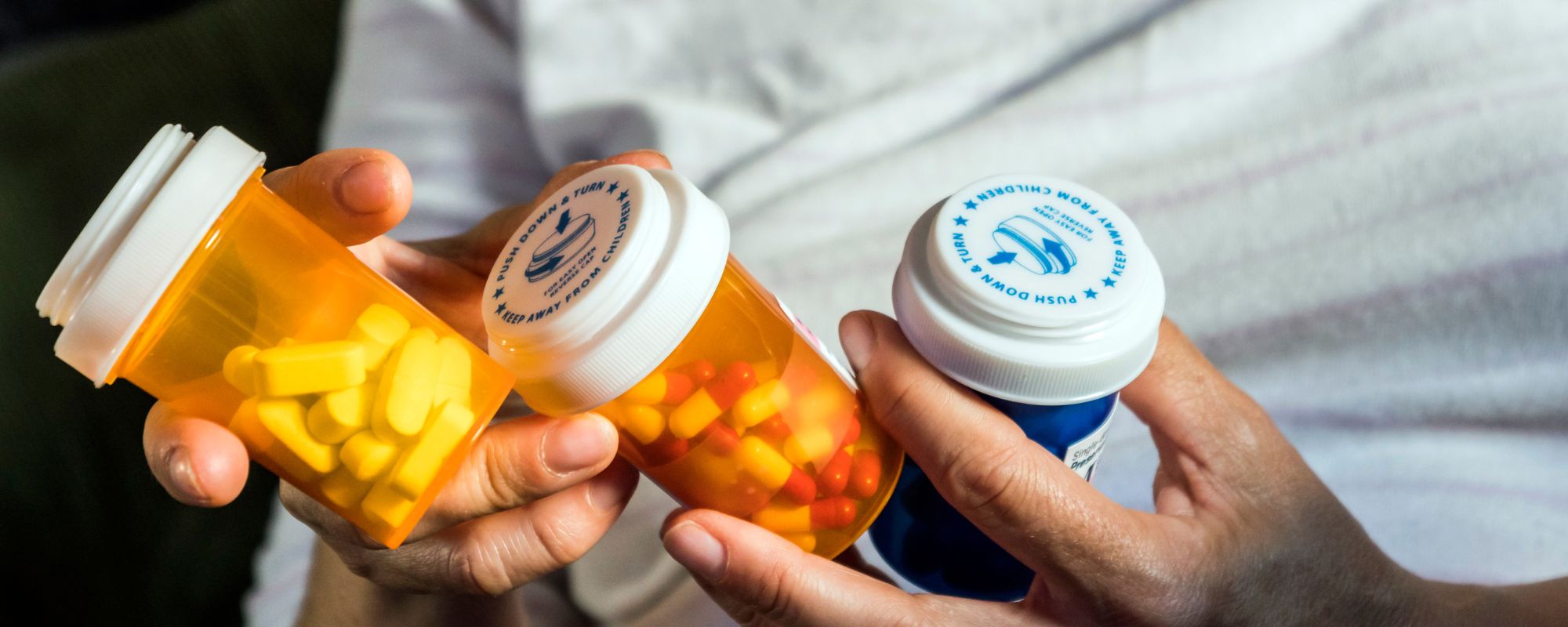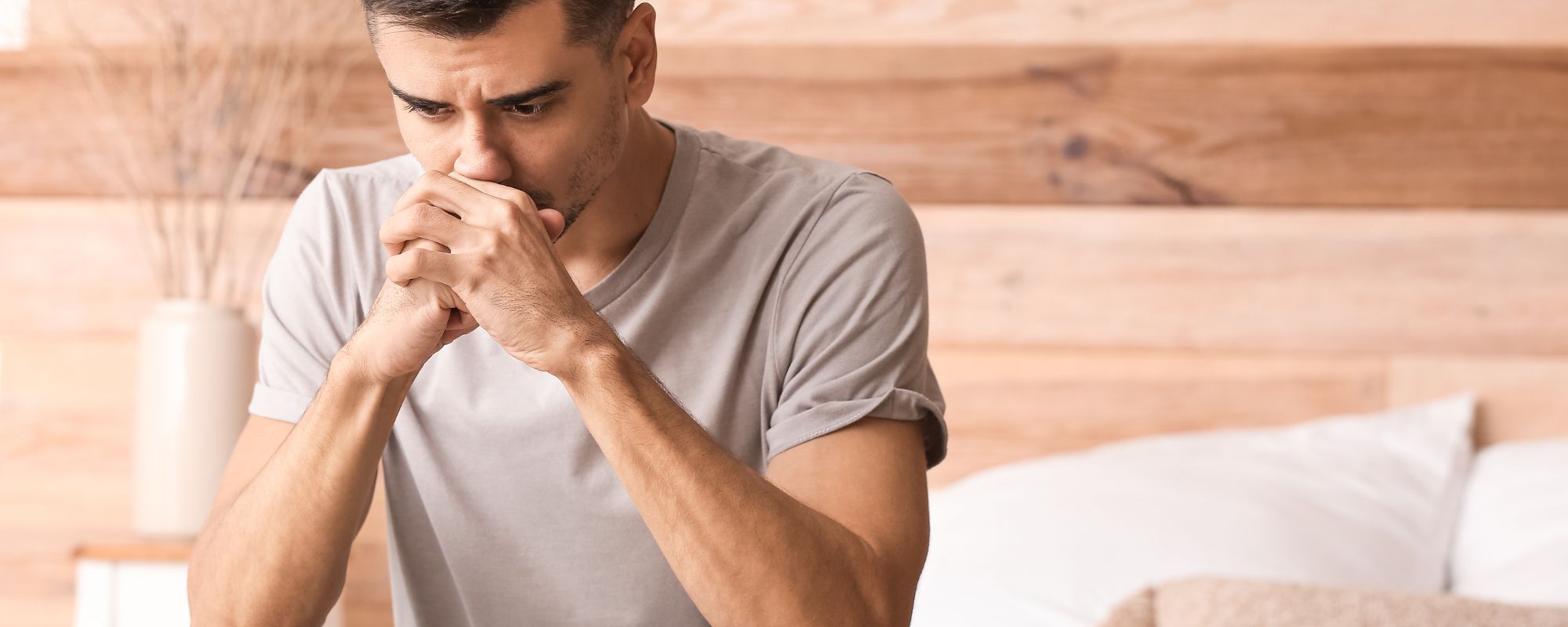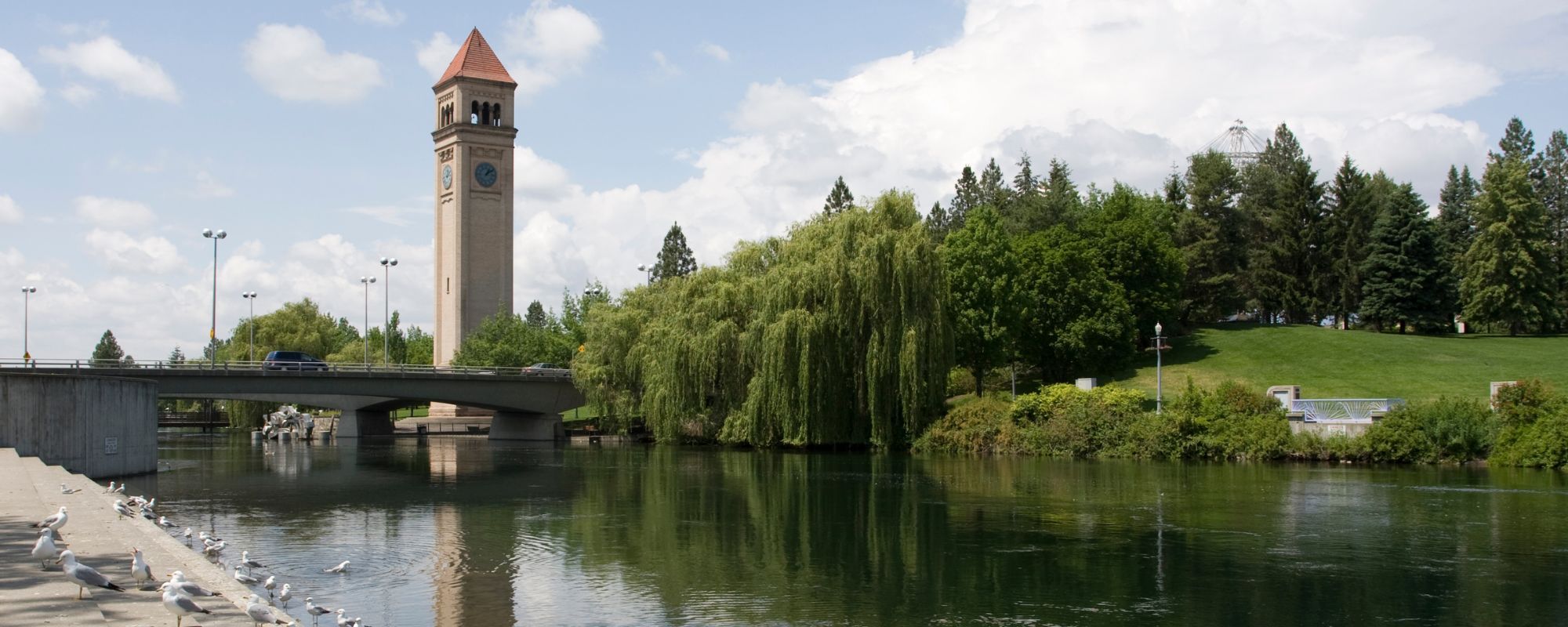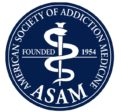In addiction treatment, guests quickly learn the impact addiction has had on themselves and others. From learning about addiction’s great impact, most guests will instantly be deterred from using drugs— even drugs that are not their “drug of choice”. Through out the recovery process, guests will learn more about the dangers of picking up any substance, even substances that they believe are not a problem for them.
Staying Away from Other Substances
The reason it is strongly recommended that guests stay away from any mind-altering substance during, after, and beyond treatment is because substances often lead them back into addiction. This is true even if a substance is not “addictive”, addicts and alcoholics can misuse substances in an addictive manner— solely because of their addictive personality traits and characteristics. We want to prevent this by staying away from any substance in recovery.
Chronic Pain
Sometimes, this can be a challenge for guests who suffer from chronic pain. Pain sufferers have a hard time knowing what medications or services to use in order to manage their pain, while partaking in different therapies simultaneously. Many pain sufferers have found themselves in addiction treatment after becoming addicted to their prescription painkillers, having found no other effective method of pain relief. Seeking other non-addictive substances that are effective in relieving pain can be a challenge.
As we know, substance abuse and chronic pain interact with each other in a cycle. Chronic pain and substance abuse affect each other, and perpetuate a cycle of pain and short-term relief. Currently, about a third of people prescribed to prescription painkillers end up abusing them (Sandoiu).
Non-Addictive Pain Relief
For pain relief, it’s important to consider all of your options. The healthiest way to work through pain is by being in therapy. In addition to talk therapy, physical therapy is important to heal your body and maintain the health of your bones, joints, muscles, etc.
Of course, non-addictive painkillers are available over-the-counter, like non-steroidal anti-inflammatory drugs (NSAIDs). Some common NSAIDS are acetaminophen (Tylenol), aspirin, and ibuprofen (Motrin).
Currently, many non-addictive pain-relieving medications are undergoing clinical trails. Recently, a “team of scientists led by Prof. Mei-Chuan Ko, of the Wake Forest Baptist Medical Center in Winston-Salem, NC, developed a non-addictive painkiller called AT-121” (Sandoiu).
Homeopathic Medicine
Homeopathic medication is medicine that embraces a holistic approach to treating symptoms. Homeopathic medications are made from natural resources, like vegetables, minerals, animals, herbs, plants, etc. Many homeopathic medications exist for pain relief, and these medications are 100% organic and natural. There are many benefits to using homeopathic medicine, including its’ safety, stimulates the healing power of your own body, has no interactions with conventional medications, and is non-addictive (“Homeopathy”). Some of the most effective homeopathic options for pain relief include:
- Aesculus
- Arnica Montana
- Bryonia
- Calcarea Phosphorica
- Natrum Muriaticum
- Nux Vomica
- Cimicifuga
- Ignatia
- Hypericum Perforatum
Natural Remedies
You can also use natural remedies to relieve pain. Some alternatives to painkillers include:
- Ginger Root
“The powerful anti-inflammatory ginger is more effective than drugs like ibuprofen for pain relief, according to a 2013 study published in the journal Arthritis. The study revealed that drugs like Tylenol or Advil do block the formation of inflammatory compounds. Ginger, however, “blocks the formation of the inflammatory compounds–prostaglandins and leukotrienes–and also has antioxidant effects that break down existing inflammation and acidity in the fluid within the joints” (Indian Country Today).
- Turmeric
“…improves circulation and prevents blood clotting. Turmeric’s active ingredient curcumin is responsible for lowering the levels of two enzymes in the body that cause inflammation” (Indian Country Today).
- Capsaicin
“this topical remedy reduces nerve, muscle and joint pain by stopping the chemical known as substance P from transmitting pain signals to the brain” (Indian Country Today).
- Valerian Root
“Through reducing nerve sensitivity, it alleviates feelings of pain. Drink a cup of valerian tea for a natural pain relief and body aches” (Indian Country Today).
- Magnesium
“Magnesium supplements can help curb the pain of migraines, muscle spasms and fibromyalgia” (Indian Country Today). Magnesium can be found in foods like sunflower seeds, pumpkin seeds, spinach, almonds, bananas, spinach, chard, legumes, avocados, and dark chocolate. You can also find magnesium supplements.
- Clove Gel
“A 2006 study found clove gel to be as effective as benzocaine gel, which is a topical gel that dentists often use to reduce needle pain” (Burgess).
Essential Oils
Many essential oils also provide pain relief, and they can be added to lotion or used in other non-topical ways like through an essential oil diffuser— which turns the oil into a vapor that enters the air. Any essential oil needs to be diluted in a carrier oil or product like lotion, because it is toxic to put an essential oil directly on the skin. You can dilute these oils in a carrier oil; common carrier oils include: sweet almond oil, jojoba oil, olive oil, etc.
Essential oils that are ideal for pain relief, include:
- Lavender essential oil
- Peppermint essential oil
- Eucalyptus essential oil
- Rosemary essential oil
What is CBD?
CBD is the cannabidiol molecule found in marijuana, it is the non-psychoactive compound in marijuana. CBD is non-psychoactive, meaning that it will not produce a high when used or consumed. “A safe, non-addictive substance, CBD is one of more than a hundred “phytocannabinoids,” which are unique to cannabis and endow the plant with its robust therapeutic profile” (“What is CBD?”) “Both CBD and THC have significant therapeutic attributes. But unlike THC, CBD does not make a person feel “stoned” or intoxicated. That’s because CBD and THC act in different ways on different receptors in the brain and body” (“What is CBD?).
CBD is completely legal for use and sale across the United States. You can buy CBD infused salves, lotions, vaporizer juice, gummies, candy, tea, etc. online, in various store fronts, and retailers. CBD does not get the user high, it only produces pain-relieving effects on the body. Many people with chronic pain have turned to CBD-infused body salves, or eating CBD candies or drinking CBD-infused beverages.
How Does CBD Work?
“One of the main ways they impact us is by mimicking and augmenting the effects of the compounds in our bodies called “endogenous cannabinoids” – so named because of their similarity to the compounds found in the cannabis plant. These “endocannabinoids” are part of a regulatory system called the ‘endocannabinoid system'” (“What is CBD?”)
An almost pure CBD formulation called Epidiolex, reached the pharmaceutical market, and was approved by the FDA (Food and Drug Administration) in 2018 (“What is CBD?”). “Given its low-risk profile, many people are using CBD as an add-on therapy to their existing treatment plans” which is an important distinction to be made— people should be handling their chronic pain or other symptoms using a variety of solutions like talk therapy.
Should I Use CBD while in Addiction Recovery?
Ideally, you should not be relying on any substances while in addiction recovery, with the exception of medications prescribed by a medical professional who you have ongoing check-ups with. Despite CBD not having mind-altering effects, it is best to stay away from any substances that could interfere with your recovery— if you are in recovery you have an addictive personality and characteristics that could turn your use of CBD into a compulsive one.
If you are suffering from chronic pain, and have run out of options for pain relief, we recommend exploring natural remedies, homeopathic, and natural options before looking into the use of CBD products. You should always be participating in therapy, whether it be talk therapy, behavioral therapy, or physical therapy, etc. We urge you to speak about this option with a variety of professionals, including your doctor and therapist, before making a decision to use CBD products to treat your chronic pain or other symptoms. We believe CBD products are a million times better than turning to prescription painkillers, however, other non-addictive medications and strategies are worth looking into before turning to CBD.
Our Treatment
At Royal Life Centers, we offer a variety of treatment programs that are designed to follow guests through the stages of the recovery process. Royal Life Centers provides inpatient and outpatient treatment options, including: medical detoxification, a residential inpatient program, a partial hospitalization program (PHP), an intensive outpatient program (IOP), an outpatient program (OP), sober living and graduate housing, and alumni services.
Our comprehensive addiction treatment features proven effective methods of treatment and we only use the best practices. Royal Life Centers provides intensive therapy, including: individual therapy sessions, group therapy, behavioral therapies, support groups, adventure therapy, activity therapy, and equine therapy. We are also experienced in helping dually-diagnosed guests, like guests who have a co-occuring mental disorder or condition like chronic pain. Our treatment is individualized; guests collaborate with a case manager and primary therapist to design a treatment plan specifically tailored to meet their personal needs, goals, and circumstances.
Reach Out
If you or someone you know is struggling with an addiction, please reach out to our addiction specialists at (877)-RECOVERY or (888) 557-7990. Our team of addiction specialists make themselves available to take your call 24 hours a day, 7 days a week. Because We Care.
References:
Burgess, Lana. “Top 12 Natural Painkillers: Herbs and Other Remedies.” Medical News Today, MediLexicon International, www.medicalnewstoday.com/articles/324572.php.
“Homeopathy.” Homeopathy, American Institute of Homeopathy, homeopathyusa.org/homeopathic-medicine.html.
Indian Country Today. “Natural Pain Relief: 9 Alternatives to Ibuprofen, Acetaminophen or Aspirin.” IndianCountryToday.com, Indian Country Today, 23 Mar. 2017, newsmaven.io/indiancountrytoday/archive/natural-pain-relief-9-alternatives-to-ibuprofen-acetaminophen-or-aspirin-wr6U0siusUyUP4MsZ8dwig/.
“Lower Back Pain (Homeopathy).” Lower Back Pain (Homeopathy) | Michigan Medicine, www.uofmhealth.org/health-library/hn-2198002.
Sandoiu, Ana. “Opioid Crisis Breakthrough: Non-Addictive Painkiller Found Effective.” Medical News Today, MediLexicon International, 30 Aug. 2018, www.medicalnewstoday.com/articles/322925.php.
“What Is CBD? Definition of Cannabidiol & CBD Oil.” CBD101, Project CBD, www.projectcbd.org/cbd-101/what-is-cbd.












